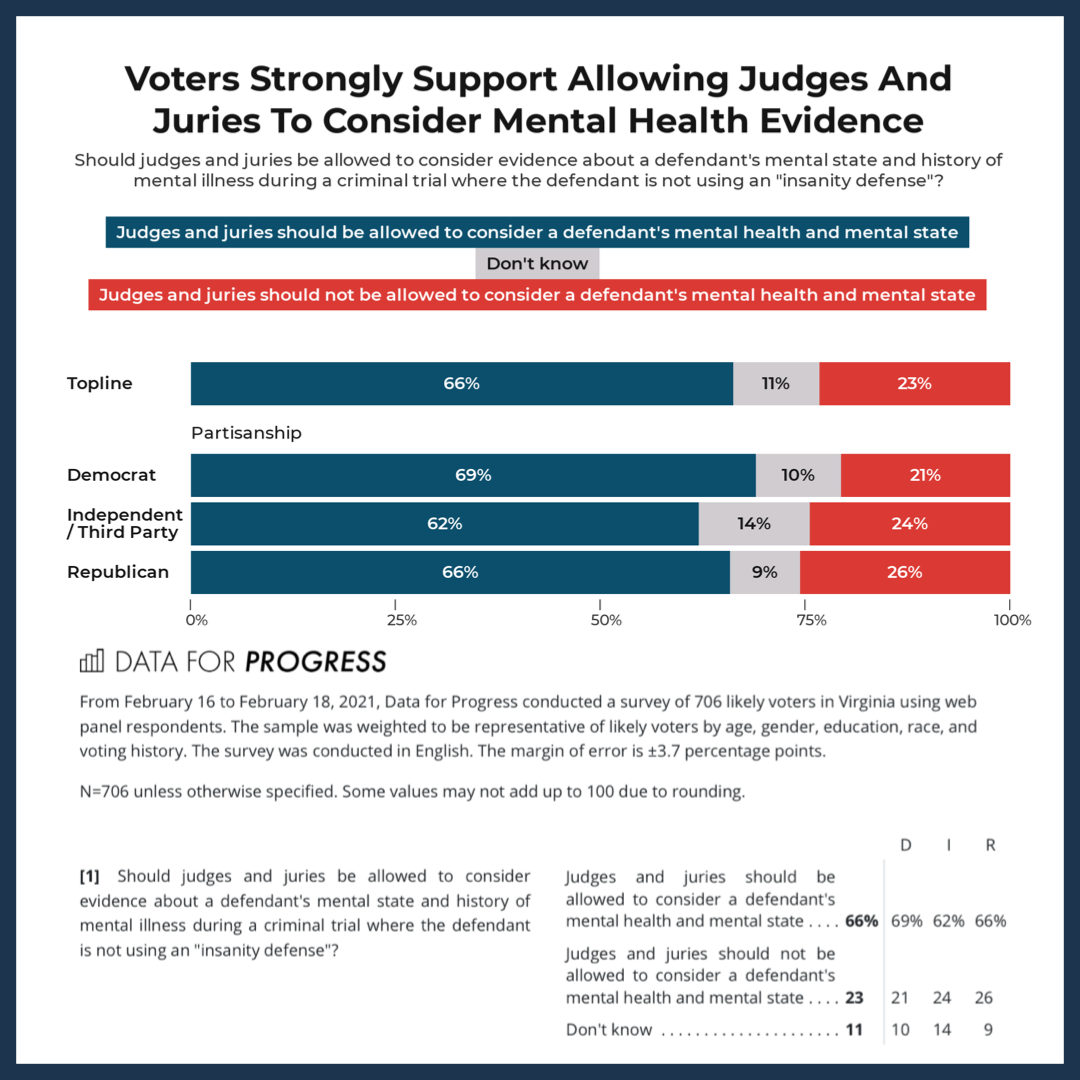Larceny Threshold
[Update: On July 1, 2018, the larceny threshold increased from $200 to $500. Although a significant improvement, the new threshold remains one of the lowest in the country. For more details on the changes, click here].
The “larceny threshold” is the dividing line between misdemeanor and felony theft. “Virginia’s threshold for felony larceny was set in 1980 at $200” and is the lowest in the country. What this means in practice is that Virginia prosecutors have more power to make felons out of minor property offenders than prosecutors in any other state; for the theft of one outdated cell phone, for example, a couple of sweaters from a department store, or a well-used bicycle left unlocked on a rack. As with discovery reform, bills to raise the threshold have passed year after year, only to be killed in the Virginia General Assembly.
“Virginia’s Felony Larceny Threshold is Stuck in 1980” (ACLU of Virginia):
“It was 1980. John Dalton was Governor, a gallon of gasoline cost 86 cents, iPhones were science fiction, and Virginians were lining up to see The Empire Strikes Back on the big screen. It was also the last time that Virginia updated its felony larceny threshold – the amount that determines whether a person is charged with a felony or misdemeanor for larceny. In 1980, Virginia raised the threshold from $100 to $200. Today, nine Governors later, a gallon of gas costs $2.11, iPhones are everywhere (and cost over $600), and Virginians are anxiously awaiting the release of Star Wars 7. Yet, the felony larceny threshold remains stuck in 1980. It’s time for Virginia to take the term “felony” seriously and raise the dollar threshold to an appropriate level. . . At $200, Virginia’s threshold is the lowest in the country. Adjusting the threshold to $500 is actually lower than the current $200 threshold when adjusted for inflation, which would be approximately $573 today. Thirty states have set their felony larceny threshold at $1000 or more, including Georgia, South Carolina, Texas, Arkansas, Kansas, Mississippi, and North Carolina, and forty-six states have set their threshold at $500 or more. It’s past time for Virginia to join its neighbors."
“Virginia Felony Larceny Threshold: 35 Years Later" (Virginia Dept. of Criminal Justice Services)
“Every state classifies crimes of theft as either misdemeanors or felonies based on the monetary value of what was stolen – known as the felony threshold. A misdemeanor offense is usually punishable by a maximum of one year in a local jail, and sometimes by only a fine and/or community supervision. However, a felony offense is punishable by one or more years in a state prison. A felony conviction can create life-long barriers to employment, education, housing and other opportunities. . . Felony threshold amounts vary greatly from state to state. Wisconsin has the highest felony threshold in the nation, at $2,500. Thirty states have thresholds of $1,000 to $2,000, and another 15 states have thresholds of $500 to $950. Virginia and New Jersey have the lowest felony threshold amount in the nation - $200"
"Pursuant to the Code of Virginia, § 18.2-95, grand larceny is a felony and the threshold amount is set at $200 or more. Grand larceny in Virginia is punishable by confinement in a state correctional facility for one year to twenty years. Section 18.2-95 also gives the jury or court trying the case the discretion to set the sentence at confinement in jail for a period not exceeding twelve months or a fine of not more than $2,500, or both; however, it remains a felony conviction with all of the civil ramifications intact."
"Many of the states with higher felony thresholds enacted statutes over time to raise the dollar amount of their threshold to compensate for inflation’s gradual reduction in the value of a dollar. Since 2009, at least 14 states have increased their felony thresholds. For example, in 2011 Nevada raised its threshold from $250 to $650. In 2012, South Carolina raised its threshold from $1,000 to $2,000. Arkansas, Maryland, Ohio, Oregon and the District of Columbia, which previously had thresholds ranging from $200 to $750, have raised their thresholds to $1,000."
"Virginia’s felony threshold was last changed 35 years ago in 1980, when it was raised from $100 (established in 1966) to $200. The Bureau of Labor Statistics Consumer Price Index Inflation calculations show that $200 in 1980 is the equivalent of $579 in 2015."











